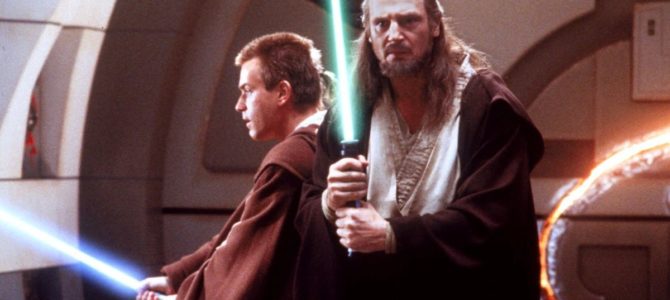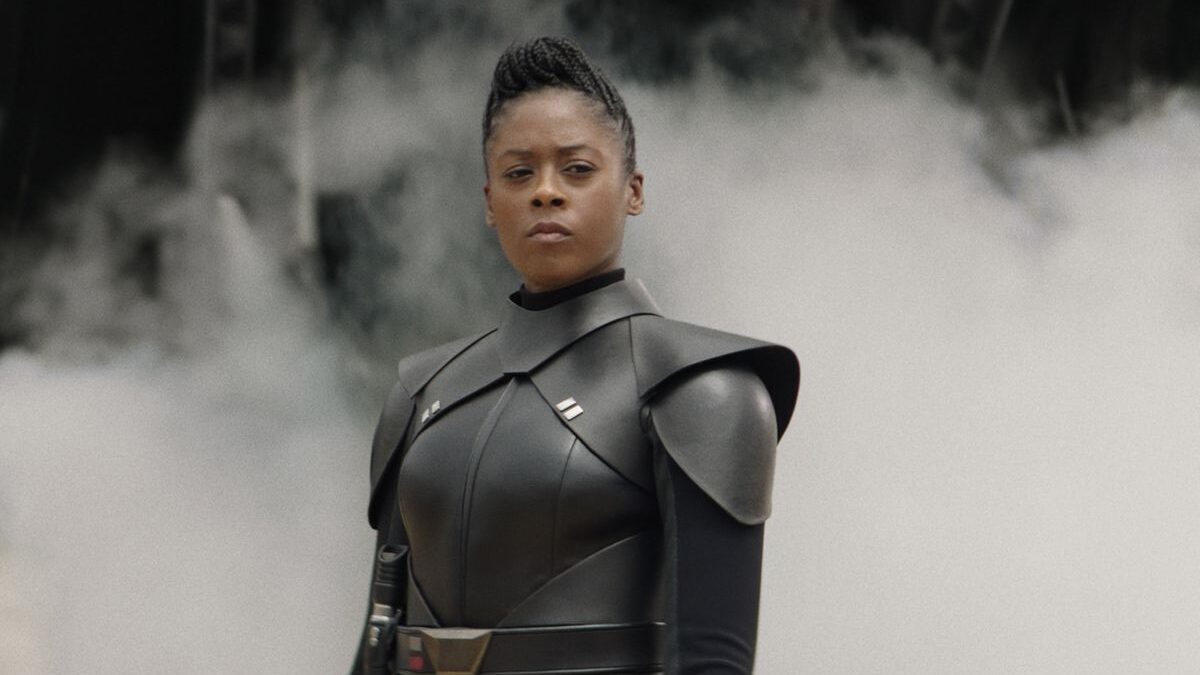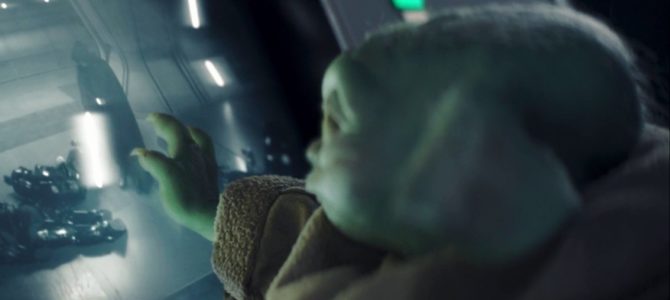
It was perhaps only a matter of time before social justice activists armed with masters degrees took to the digital pages of a popular and somewhat esteemed science magazine, in this case the Scientific American, to argue for why Star Wars and the entirely fictional Jedi Order is “inappropriate” for any association with social justice causes. The “mood in the room” of American politics could only direct its sanctimonious scorn at Founding Fathers, dead poets, and seafaring explorers for so long. Lucasfilm in San Francisco should reinforce and guard its Yoda statue while it still has a chance
In this case, the Scientific American was particularly concerned about a trend in which various organizations in social justice, the arts, and science have started using the acronym JEDI as a more buzzy alternative to “DEI” initiatives. DEI, which stands for “diversity, equity and inclusion” must not have been inspiring enough for some organizations looking to make Maoist struggle sessions more fun, so J was added on to reorder the initiatives as JEDI.
It must have been an exciting few years for Star Wars fans on the social justice left who have been establishing “JEDI Councils” in schools and communities across the country. If you view your cause as heroic, or yourself as “the good guys,” it stands to reason you’d engage in a little acronym wordplay to wrap yourself in the positive associations our culture offers. Star Wars’ Jedi knights are one of the most iconic heroes of popular fiction we have today, with their uniquely elevated blend of Arthurian and Samurai aesthetics, layered atop belief systems of the Tibetan monks and Greek stoics.
Jedi are special in the pop culture zeitgeist, and everyone in his right mind views them as heroes warding off the forces of darkness. They are protectors of the weak. Helpers of the needy. They sacrifice and toil for others, often at their own peril. So why do the authors of the article in Scientific American (J. W. Hammond, Sara E. Brownell, Nita A. Kedharnath, Susan J. Cheng, and W. Carson Byrd) dub this joyful Star Wars spin on “diversity, equity and inclusion” work to be “problematic”?
In their words, the Jedi are “prone to (white) saviorism and toxically masculine approaches to conflict resolution and toxically masculine approaches to conflict resolution (violent duels with phallic lightsabers, gaslighting by means of “Jedi mind tricks,” etc.)” They go on to lazily recycle social commentary about the Jedi that you can get from any tipsy young professional at a happy hour who noticed you have X-Wings on your tie or Baby Yoda earrings, and thought you might like to talk about the philosophical questions of Star Wars.
It’s not a secret. The Jedi failed to live up to their mantle rhetorically handed down to Star Wars fans by Obi-Wan Kenobi in “Episode IV: A New Hope” (1977), who said “the Jedi Knights were guardians of peace and justice in the Old Republic.” As George Lucas’ prequel trilogy showed the world, by the end the Jedi Order was anything but. It is precisely why they were relegated to the dustbin of history by the Sith and their evil Empire.
The Jedi, as fans both deep and casual know, were an order dedicated to upholding the light side of the Force. As an organization, they’d become detached from both the will of the Force and the best interests of the galaxy.
They spoke about justice, protecting the weak, and never using the Force for attack, yet they opted to become soldiers in a civil war. This is because the Jedi had drunk from the cup of power and become wed to a status quo in which they could practice their religion and wield technocratic power simultaneously.
The Jedi lost their way. Anakin knew this, as did many Jedi who had come before him who entered the Order in pursuit of high-minded ideals. You cannot fully understand Anakin Skywalker’s transformation into Darth Vader without understanding that as a child, two Jedi Knights (Obi-Wan Kenobi and Qui-Gon Jinn) came to his homeworld of Tatooine on royal business and observed that slavery was still widespread there, only to remark, “We didn’t come here to free slaves.” Anakin would be stewing on this question for the rest of his young life up to the very moment he led a battalion of Stormtroopers into the Jedi Temple to wipe them all out.
Do these tortured academics think that Star Wars fans don’t understand the Jedi’s moral contradictions? Do they really think the public and would-be social justice activists will be driven away from participation in their cause because of allusions to Star Wars? This is what happens when activists are chronically online.
Their evidence for Star Wars fandom being a culture of turmoil comprises of shoddy hyperlinks to stories about racist troll campaigns amongst “Star Wars fans” on Twitter, and obscure research from 2009 suggesting the presence of sci-fi posters in science classrooms suppresses interest amongst females to pursue scientific fields. Have they ever been outside or talked to human beings, particularly of the child variety?
The Jedi are known heroes for what they represent, not what they became in the twilight of their existence. They were beacons of hope in a galaxy where evil was ascendant, so feared by the wicked that their enemies had to bury Jedi statues and teachings for fear they’d inspire revolution. And in the end, they did just that.
The Jedi-way and the Jedi Order are not one and the same. This is where you can see, plain as day, how the prudes authoring the article in question are only capable of identifying institutional imperfection (an easy task) but never grappling with the ideas that galvanized them.
This kind of gross overmoralization and dressing down of zeitgeisty heroes is about something truly sinister. A world without mythic heroes whose virtue and ideals offer hope to everyday people is one in which these kinds of credentialist scolds will paint themselves as the only moral authority left standing. They will be our heroes. We’ll be made to aspire to their creed alone, only after everything else of meaning in our lives from faith, family, and fable have been denigrated.
Sometimes I worry these leftist movements will fully overrun our society, but then you see how publicly imprudent and rash their adherents can be. If the Jedi aren’t good enough for them, no one is.
Star Wars would be better off in the long run to have distance from social justice fads like DEI initiatives. However, if these activists seeking moral authority over the public are going to try and confiscate the nation’s lightsabers by writing off the Jedi as “gaslighting” white saviors and their storied weapons as “phallic” extensions of the patriarchy, then Star Wars fans young and old, progressive or conservative, black, white, and brown should answer with one voice: Come and take them.









